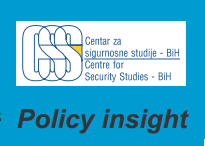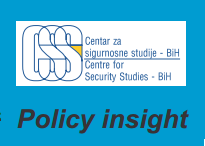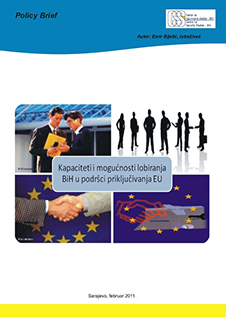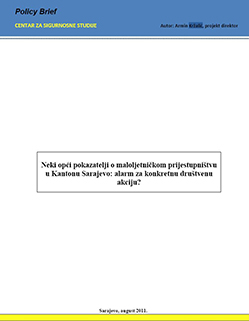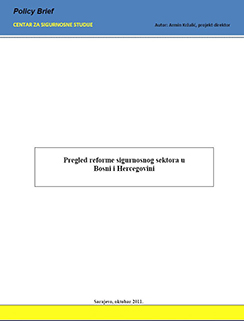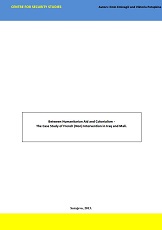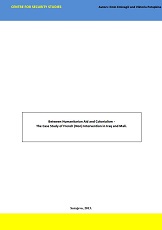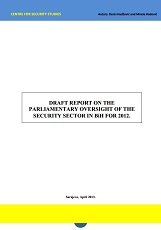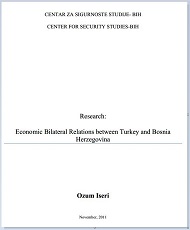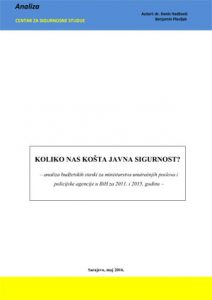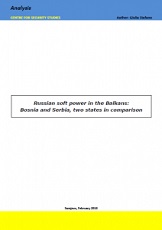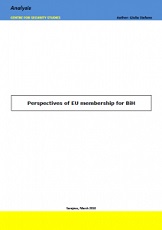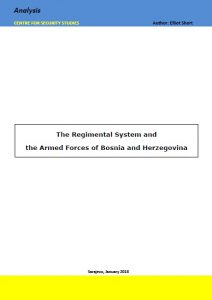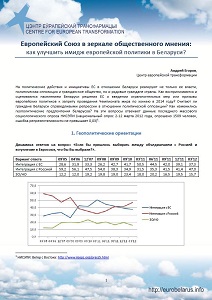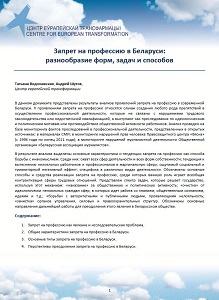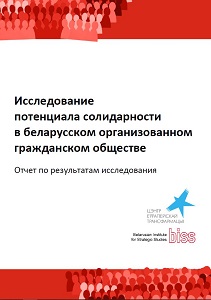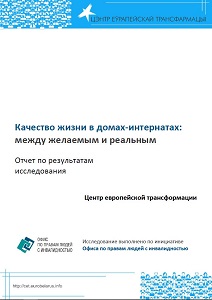
Context Analysis of the Security Sector Reform in Bosnia and Herzegovina 1990-2009
The first section of this context analysis aims at providing an overview of significant historical, political, social, and institutional events that influenced and shaped the security sector in Bosnia and Herzegovina. This information set out to serve the interested audiences as a source of information on events that influenced security sector reform in Bosnia and Herzegovina. This context analysis does not deal with the analysis of historical events, nor does it set out to initiate discussion over society and history of Bosnia and Herzegovina, but has as its purpose to provide an insight into the significant occurrences in the recent past, and provide a better understanding of the surroundings in which security sector reform in BIH took place. Primarily, the paper shall try to determine periods or stages that have had a significant impact on SSR in BiH. At the outset, three more or less simultaneous events are examined: the downfall of communism in Eastern Europe 1989), the constitutional crisis and dissolution of the Communist Alliance and Federal Government of the SFR Yugoslavia (1989-1991), and the first multiparty elections in the constituent republics of the SFR Yugoslavia (1990). The first free multi-party elections in Bosnia and Herzegovina were held in November 1990, and can be examined as the starting stage of SSR efforts in the country. Events in the aftermath, which resulted in the emergence and framing of the security sector in Bosnia and Herzegovina, will also be analysed. Some of the prior events shall also be mentioned, with the aim of providing a better understanding of events which took place between November 1990 and December 2009, but they shall not be subjected to a detailed analysis or evaluation.
More...
